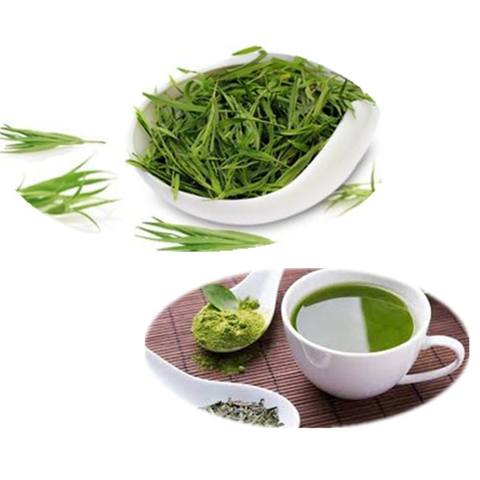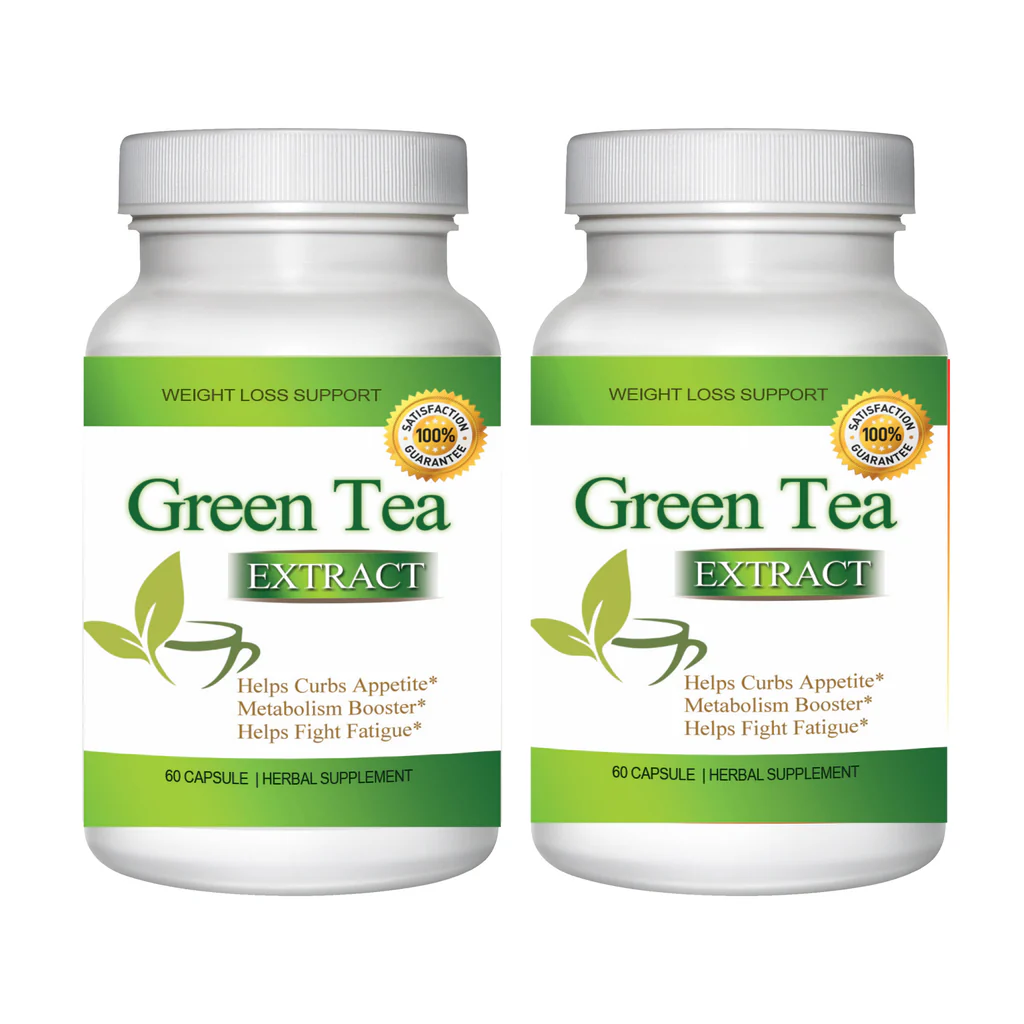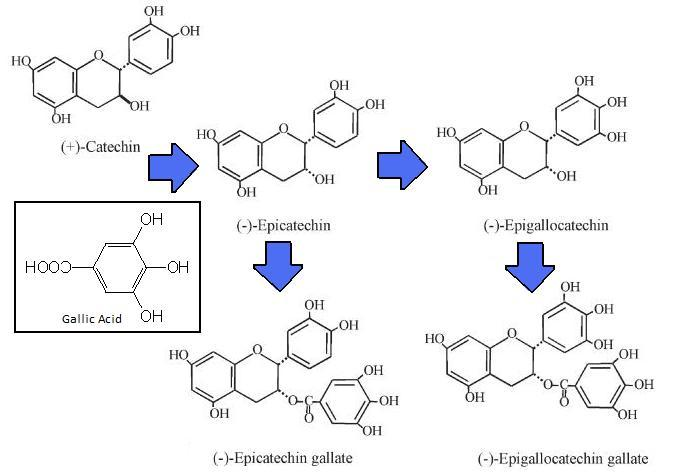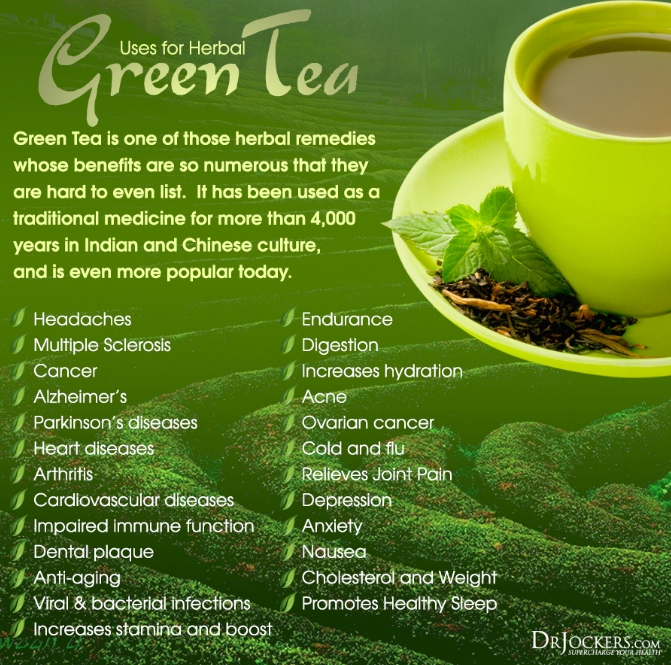Content Menu
● Understanding Green Tea Extract
>> Forms of Green Tea Extract
● Recommended Dosage
>> General Recommendations
>> Factors Influencing Dosage
● Benefits of Green Tea Extract
>> 1. Antioxidant Properties
>> 2. Weight Management
>> 3. Heart Health
>> 4. Brain Function
>> 5. Blood Sugar Regulation
>> 6. Skin Health
>> 7. Cancer Prevention
● Potential Side Effects
● Tips for Taking Green Tea Extract
● Conclusion
● Questions and Answers
Green tea has long been celebrated for its numerous health benefits, ranging from weight loss support to enhanced brain function. Among the various forms of green tea, green tea extract has gained popularity as a concentrated source of the beneficial compounds found in green tea. However, many people wonder how much green tea extract they should take daily to reap its benefits without experiencing adverse effects. This article will explore the recommended dosages, potential benefits, and considerations for taking green tea extract.

Understanding Green Tea Extract
Green tea extract is derived from the leaves of the Camellia sinensis plant, the same plant used to produce traditional green tea. The extraction process concentrates the beneficial compounds, particularly catechins, which are powerful antioxidants. The most notable catechin in green tea is epigallocatechin gallate (EGCG), which is believed to be responsible for many of the health benefits associated with green tea.
Forms of Green Tea Extract
Green tea extract is available in various forms, including:
◆ Capsules: These are convenient and provide a measured dose of extract.
◆ Powder: Often used in smoothies or as a supplement in cooking.
◆ Liquid Extracts: These can be added to beverages or taken directly.
Recommended Dosage
Determining the right dosage of green tea extract can depend on several factors, including individual health goals, the concentration of the extract, and personal tolerance. Here are some general guidelines:
General Recommendations
1. For Health Maintenance: A common recommendation for general health benefits is to take between 250 mg to 500 mg of green tea extract per day. This dosage typically provides a sufficient amount of catechins to support overall health.
2. For Weight Loss: If you are using green tea extract as part of a weight loss regimen, studies suggest that a daily intake of around 500 mg to 1,000 mg may be effective. This higher dosage can help enhance fat oxidation and improve metabolic rate.
3. For Antioxidant Support: To maximize antioxidant benefits, a dosage of 300 mg to 600 mg per day is often recommended. This amount can help combat oxidative stress and support overall cellular health.
Factors Influencing Dosage
◆ Concentration of Extract: Different products have varying concentrations of catechins. Always check the label to understand how much EGCG or total catechins are in each serving.
◆ Individual Tolerance: Some individuals may be more sensitive to caffeine or other compounds in green tea extract. It’s advisable to start with a lower dose and gradually increase it as tolerated.
◆ Health Conditions: If you have any underlying health conditions or are taking medications, consult with a healthcare professional before starting green tea extract.

Benefits of Green Tea Extract
Green tea extract is associated with a wide range of health benefits, many of which are supported by scientific research. Here are some of the most notable benefits:
1. Antioxidant Properties
Green tea extract is rich in antioxidants, which help neutralize free radicals in the body. This can reduce oxidative stress and lower the risk of chronic diseases. Antioxidants play a crucial role in protecting cells from damage, which is linked to aging and various health conditions.
2. Weight Management
Several studies suggest that green tea extract can aid in weight loss by increasing fat oxidation and boosting metabolic rate. This makes it a popular choice for those looking to manage their weight effectively. The catechins in green tea extract can enhance the body’s ability to burn fat, especially during exercise.
3. Heart Health
Regular consumption of green tea extract may help lower cholesterol levels and improve heart health. It can also support healthy blood pressure levels, contributing to overall cardiovascular wellness. The anti-inflammatory properties of green tea extract may also help reduce the risk of heart disease.
4. Brain Function
The caffeine and L-theanine found in green tea extract can enhance brain function, improving focus, attention, and cognitive performance. This makes it a great option for those needing a mental boost. Studies have shown that these compounds can improve mood and cognitive performance, making green tea extract a popular choice among students and professionals.
5. Blood Sugar Regulation
Green tea extract may help improve insulin sensitivity and regulate blood sugar levels, making it beneficial for individuals with type 2 diabetes or those at risk of developing the condition. By enhancing glucose metabolism, green tea extract can help maintain stable energy levels throughout the day.
6. Skin Health
The antioxidants in green tea extract can also benefit skin health. They may help protect the skin from damage caused by UV rays and pollution, reducing the signs of aging. Some studies suggest that topical applications of green tea extract can improve skin elasticity and hydration.
7. Cancer Prevention
While more research is needed, some studies suggest that the compounds in green tea extract may have protective effects against certain types of cancer. The antioxidants may help inhibit the growth of cancer cells and reduce the risk of tumor formation.

Potential Side Effects
While green tea extract is generally safe for most people, it can cause side effects in some cases, especially when taken in high doses. Common side effects may include:
◆ Caffeine Sensitivity: Some individuals may experience jitteriness, insomnia, or increased heart rate due to the caffeine content in green tea extract.
◆ Gastrointestinal Issues: High doses can lead to stomach upset, nausea, or diarrhea.
◆ Liver Health: There have been rare reports of liver toxicity associated with excessive green tea extract consumption. It’s crucial to stick to recommended dosages.
Tips for Taking Green Tea Extract
1. Choose Quality Products: Look for reputable brands that provide third-party testing to ensure the purity and potency of their green tea extract.
2. Follow Dosage Instructions: Always adhere to the recommended dosage on the product label or as advised by a healthcare professional.
3. Stay Hydrated: Drink plenty of water throughout the day, especially if you are consuming green tea extract, to help mitigate any potential side effects.
4. Monitor Your Body’s Response: Pay attention to how your body reacts to green tea extract. If you experience any adverse effects, consider reducing the dosage or discontinuing use.

Conclusion
Green tea extract can be a valuable addition to a healthy lifestyle, offering numerous benefits when taken in appropriate amounts. For most individuals, a daily dosage of 250 mg to 500 mg is sufficient to enjoy the health benefits without experiencing side effects. However, it’s essential to consider individual factors such as health goals, tolerance, and product concentration when determining the right dosage.
As with any supplement, consulting with a healthcare professional before starting green tea extract is advisable, especially for those with existing health conditions or those taking medications. By following these guidelines, you can safely incorporate green tea extract into your daily routine and enjoy its many health benefits.
Questions and Answers
Q: What is the best time to take green tea extract?
A: It is generally recommended to take green tea extract in the morning or early afternoon to avoid potential sleep disturbances due to its caffeine content.
Q: Can I take green tea extract on an empty stomach?
A: While some people can tolerate it, taking green tea extract on an empty stomach may cause gastrointestinal discomfort for others. It’s best to take it with food if you experience any issues.
Q: Is green tea extract safe for everyone?
A: Most people can safely take green tea extract, but those with certain health conditions or sensitivities to caffeine should consult a healthcare professional before use.
Q: How long does it take to see results from green tea extract?
A: Results can vary, but many people may start to notice benefits within a few weeks of consistent use, especially regarding weight management and energy levels.
Q: Can I drink green tea while taking green tea extract?
A: Yes, you can drink green tea while taking green tea extract. However, be mindful of your total caffeine intake to avoid excessive consumption.































